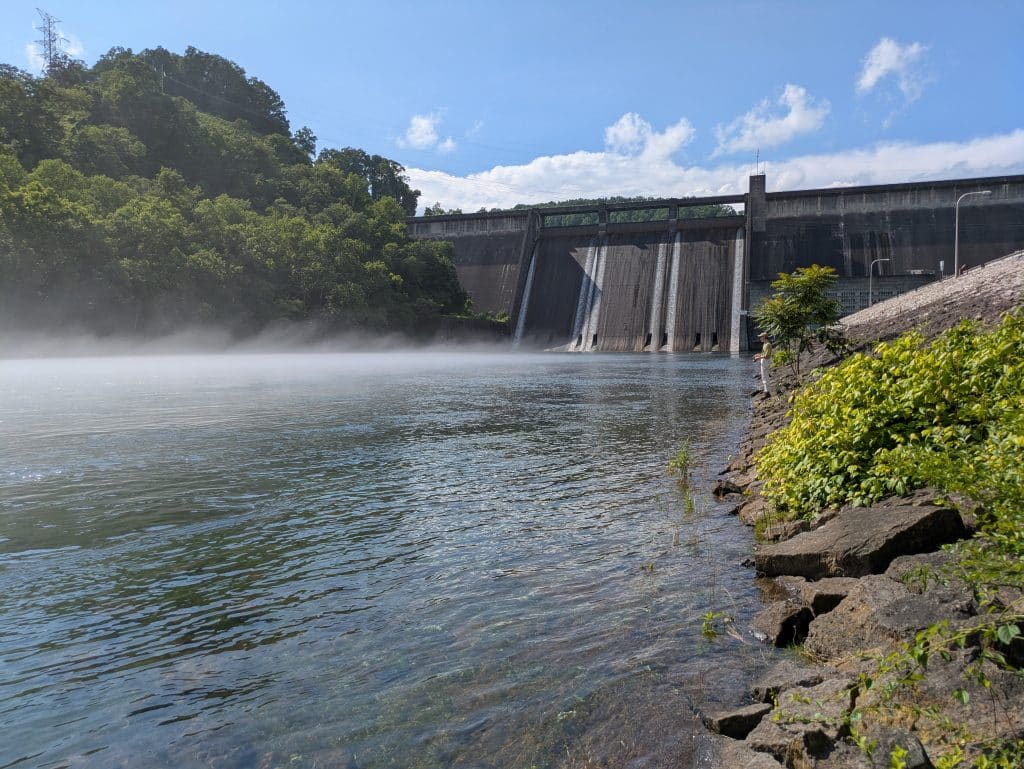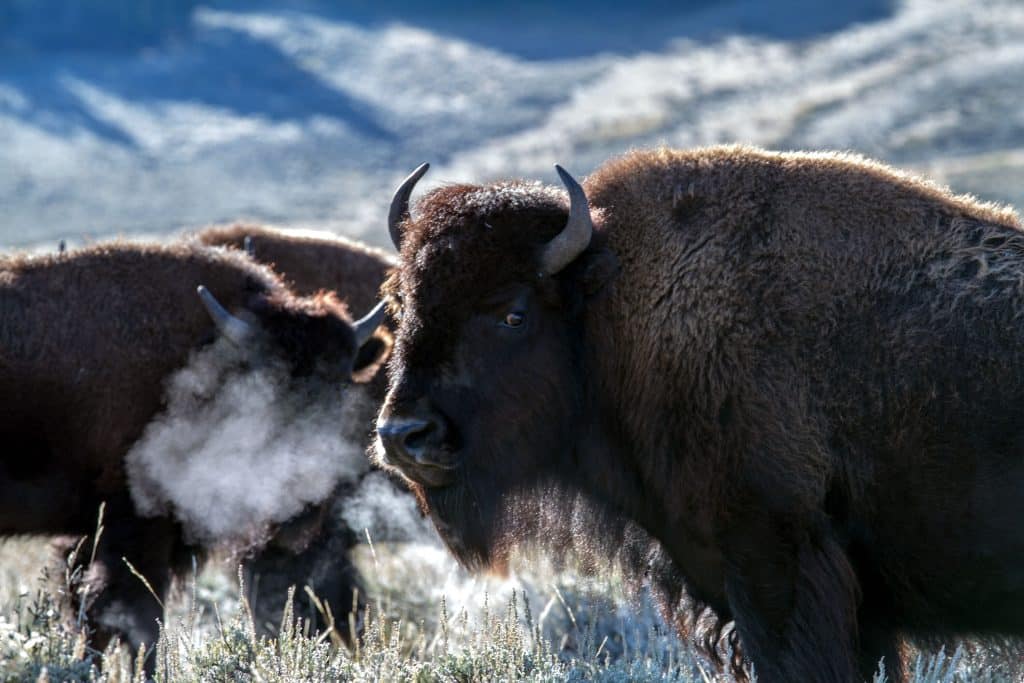Cleaning Up Coal Ash
For well over a century, power plants across the country have burned coal to generate electricity. And for just as long, leftover coal ash has been dumped in open, unlined pits near the power plant, usually located on a river or lake. Every year, U.S. power plants produce 130 million tons of coal ash, which is the second largest waste stream in the country after municipal garbage.
Coal ash concentrates the toxic heavy metals found in coal, including arsenic, mercury, lead and selenium. Stored in unlined, wet impoundments, coal ash has been leaking these toxics into our groundwater and surface waters for years. Sometimes these impoundments collapse — with disastrous results.
Yet government regulations for coal ash management are either non-existent or sparse, and there is little enforcement of the regulations that do exist. In North Carolina, this lack of oversight — and the complicity between state regulators, elected officials and Duke Energy — came to a boiling point in February 2014 when one of Duke’s coal ash impoundments spilled 39 million tons of ash into the Dan River.
Citizens living near North Carolina’s 33 coal ash impoundments — all of which have leaked — have fought for transparency from Duke and the state, and for cleanup of the pollution that threatens their property value, health and family. Their actions forced this issue into the headlines of news networks and to the forefront of environmental justice conversations in the United States.
Appalachian Voices stood with these communities as we worked for years to compel Duke Energy and the N.C. Department of Environmental Quality to excavate coal ash from all the North Carolina sites and dispose of it either in lined, dry landfills, away from waterways, or by recycling it for concrete or other uses, provided it’s done in a manner that protects public health and the environment.
On Jan. 2, 2020, North Carolina announced a historic settlement with one of the state’s most powerful corporations and polluters, Duke Energy. The settlement requires Duke to move nearly 80 million tons of toxic coal ash at six of its power plants to properly lined landfills onsite or recycle it.

Learn information about specific coal ash impoundments in the South, including health threats and safety ratings:
Additional Resources
Fact sheets, videos, links to academic research, and more
Sign Up to Act
Help us protect the health of our communities and waterways.
Latest News
Bob Egbert: A Life of Service and Environmental Advocacy
A Navy veteran, community activist and lifelong environmental advocate, Bob Egbert has spent decades working to protect Virginia’s environment and to strengthen citizen engagement in government.
Appalachian Voices statement on partial government shutdown
At Appalachian Voices, we believe that no matter our income level, the color of our skin or whether we live in a holler or a city, everyone deserves a safe community, clean air and water, safety on the job, and the basic constitutional protections at the foundation of our democracy. We urge our country’s leaders to work together to ensure that all of these rights are protected.
FERC authorizes SSEP pipeline
Yesterday, the Federal Energy Regulatory Commission authorized the dangerous, expensive and unnecessary Southeast Supply Enhancement Project, or SSEP.
Home on the Range … In Appalachia?
Many people believe wild bison have only ever lived and roamed in Yellowstone National Park or the vast open spaces depicted in Western films. Yet, Indigenous and archaeological records indicate that bison were found in nearly every state of what is now the United States — sorry, Hawaii — including in Appalachia. In Letcher County, Kentucky, the Appalachian Rekindling Project, an Indigenous, women-led organization, is seeking to reintroduce bison to the region on 63 acres of a reclaimed mountaintop removal coal mine.











